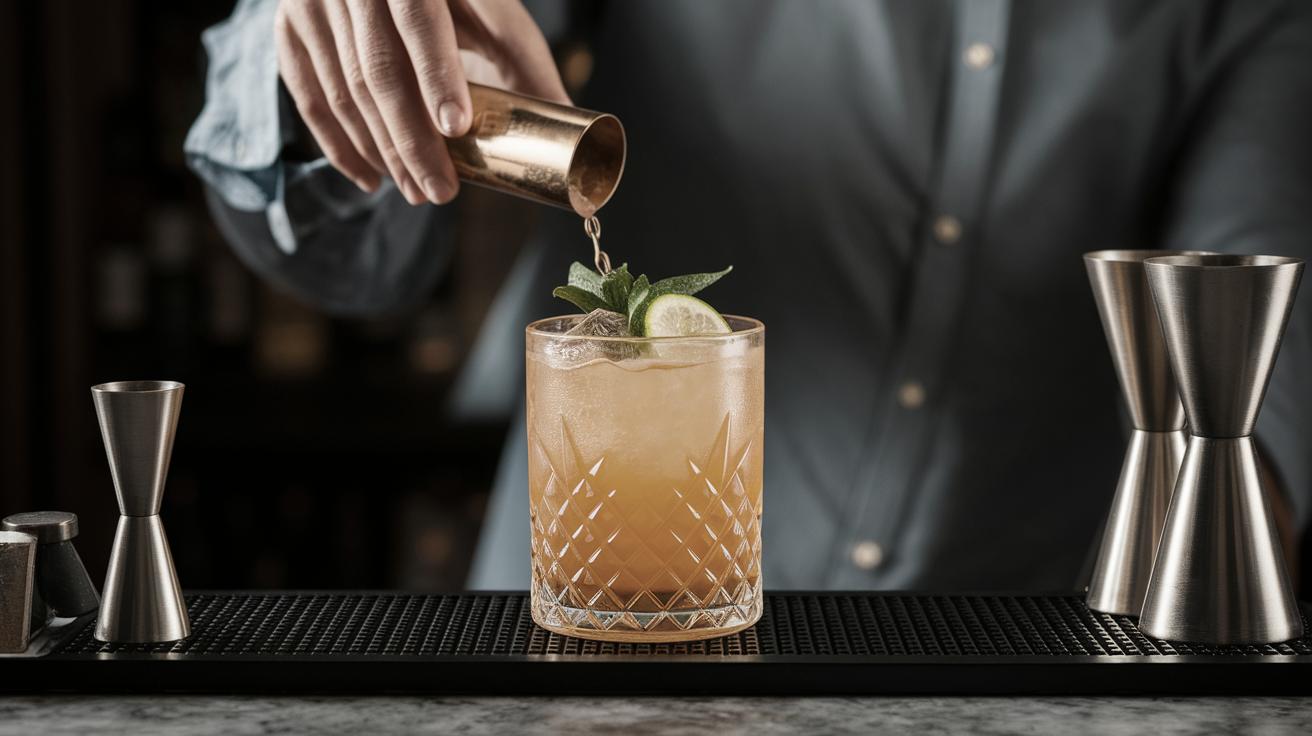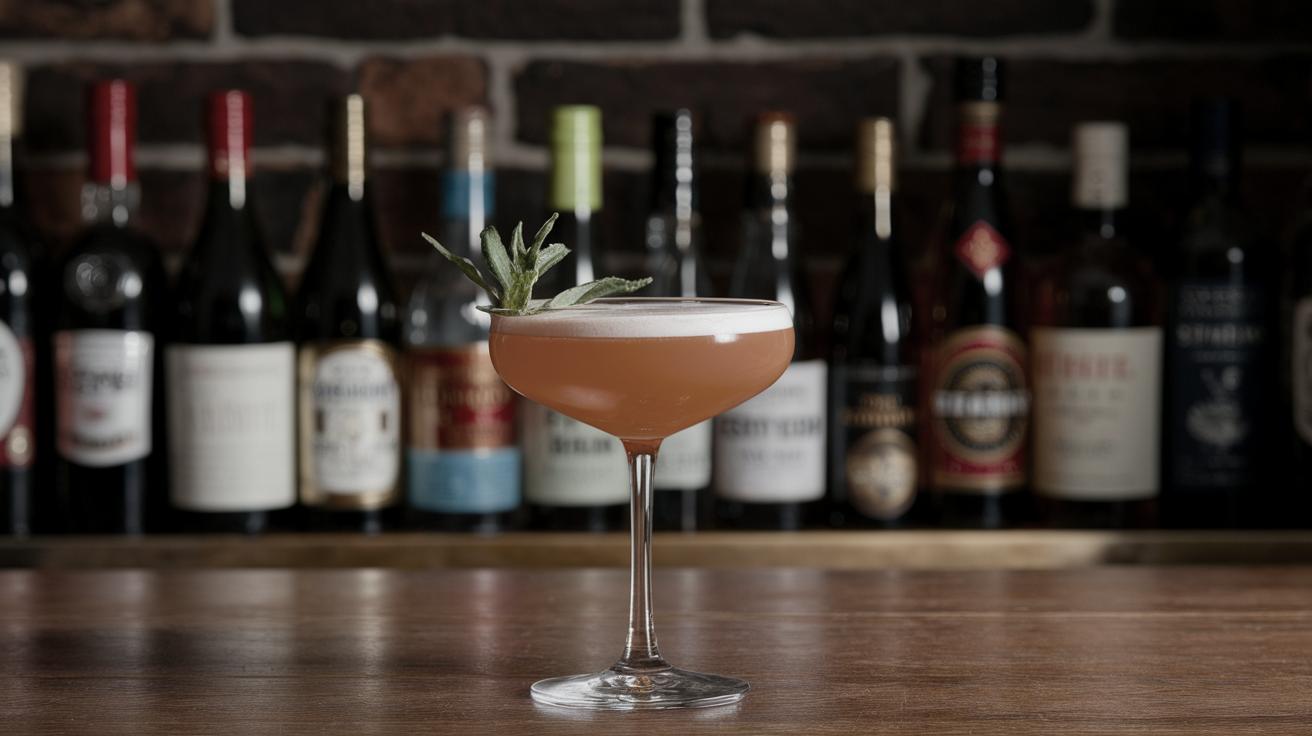Essential Accessories for Mixing Cocktails
Crafting the perfect cocktail is an art form that combines creativity, precision, and the right tools. Whether you’re an experienced mixologist or a cocktail enthusiast looking to elevate your at-home drink game, understanding the essential accessories is crucial. From selecting base spirits to knowing which bar tools to have on hand, this guide explores everything you need to create impressive cocktails. We’ll also delve into the importance of glassware, the role of liqueurs, bitters, aperitifs, and digestifs, and the extra ingredients that can take your cocktails from good to extraordinary. By equipping yourself with the right accessories, you’re setting the stage for both perfect-party hosts and quiet sips after a long day.
Base Spirits
The core of any cocktail is its base spirit, which forms the foundation upon which flavors are built. Choosing the right spirit involves understanding both your palate and the recipe’s requirements. Classic spirits to have on hand include vodka, gin, rum, tequila, and whiskey, as each offers distinct profiles and can cater to a wide variety of cocktail recipes. Vodka is favored for its ability to mix well with almost anything due to its neutral flavor, while gin carries herbal notes that can enhance botanical cocktails.
Rum and tequila are staples for tropical and summer drinks, bringing sweetness and citrusy flavors respectively. Whiskey, with its rich and robust characteristics, is perfect for making classic cocktails like the Old Fashioned. Quality matters when selecting base spirits, as higher quality spirits often make for smoother, more enjoyable cocktails. Don’t forget about more niche spirits like brandy or mezcal to expand your cocktail repertoire.
Bar Tools
Successful cocktails can often hinge on the tools used during creation, as precision is key in getting the right balance of flavors. Basic bar tools include a jigger for measuring, a shaker for blending, a bar spoon for stirring, and a muddler for pressing ingredients to release their flavors. A cocktail strainer is necessary for ensuring a smooth drink by separating the mixed liquid from ice and other solids.
While these are the basics, there are also additional tools like a citrus juicer for fresh juice, a grater for zesting citrus or spices, and an ice mold for creating cocktail-ready ice cubes. High-quality tools can last longer and make the mixing process more effective and enjoyable, so investing in these is often worthwhile for the avid cocktail maker.
Glassware
Glassware plays an essential role in the cocktail experience, not just for aesthetics but also for functionality. The shape and size of a glass can influence how a cocktail is perceived in terms of aroma and taste. For instance, certain cocktails like martinis or Manhattans are best served in a martini or coupe glass, which allows the aromas to be enjoyed while maintaining the drink’s temperature.
Highball glasses are ideal for serving cocktails with a high volume of mixers, while rocks glasses are perfect for drinks served with ice cubes. Specialty glassware, like the margarita glass or the classic tiki mug, can add a festive touch to your drink presentation. Having a variety of glassware enables you to pair the appropriate glass with each drink type, enhancing both the drink and the overall experience.
Liqueurs, Bitters, Aperitifs, and Digestifs
Liqueurs, bitters, aperitifs, and digestifs are critical to adding depth and complexity to cocktails. Liqueurs are sweet spirits flavored with fruits, herbs, spices, flowers, or nuts, and they play a significant role in numerous cocktail recipes. Common liqueurs include Cointreau, amaretto, and Bailey’s Irish Cream, each bringing unique flavors that can alter a cocktail’s profile.
Bitters, on the other hand, are concentrated flavor extracts and a small dash can add a balanced bitterness that mutes overpowering sweetness. Aperitifs are typically served before a meal to stimulate the appetite, while digestifs help aid digestion post meal. Amaro, vermouth, and Campari are popular choices in this category. Stocking a selection of these flavor enhancers allows for digital cocktail experimentation and helps you craft drinks that suit any palate or occasion.
Extras
Finally, some extra ingredients can significantly elevate your cocktails. Fresh fruits, herbs, and spices can be muddled or used as a garnish to add color and flavor. Citrus fruits like lemons and limes are versatile garnishes that also add tanginess, while herbs like mint and basil can invigorate the smell and taste of your drinks.
Additionally, adventurous cocktail makers might consider syrups and infusions, which can be homemade, to impart specific flavors. For example, using homemade simple syrup infused with lavender or rosemary can give a classic drink a modern twist. Also, ensure you have quality ice; larger, clear cubes melt slower, avoiding watering down your drink too quickly. Ultimately, it’s the “extras” that allow you to add a personal touch to each drink.
Next Steps
| Category | Key Points |
|---|---|
| Base Spirits | Essential spirits include vodka, gin, rum, tequila, whiskey. Quality impacts the final taste. |
| Bar Tools | Necessary tools include jigger, shaker, strainer, muddler. High-quality tools are a good investment. |
| Glassware | Different glasses alter the drink’s profile. Variety enhances presentation and experience. |
| Liqueurs, Bitters, Aperitifs, Digestifs | These additives play a role in providing complexity and depth. They allow for experimentation. |
| Extras | Fresh ingredients, specialty syrups, and quality ice for enhanced flavor and presentation. |


